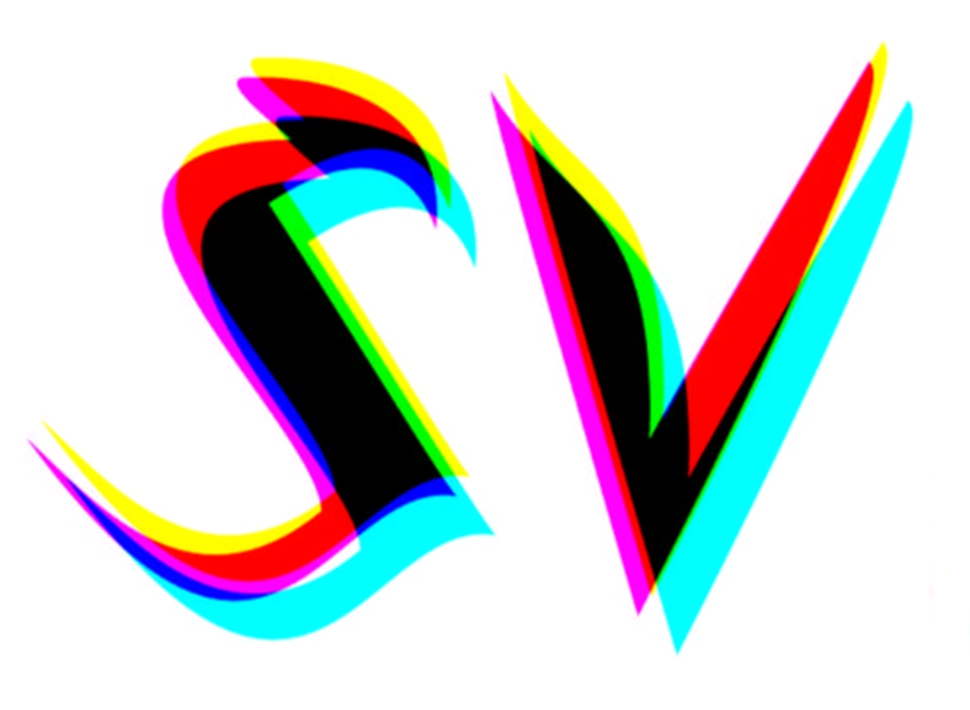
SurVision Magazine
An
international online magazine that
publishes Surrealist poetry
in English.
Issue Eight
FREDERICK POLLACK
Easy Riddle
They were actually, essentially, jungle.
Had they accepted this, some mammals
would have rolled into the river-bottom
larders of alligators, chunks of others
sifted through baby eagles – but think
of the vivid poisonous flowers and frogs,
the mantis wealth, luxurious panthers!
Instead they told themselves
they were farms, and cut down all the trees.
(The actual forest, deciduous, with its
wolf tenants, didn't interest them –
a mere annoying symbol
of sin.) Now, there are souls
native to steppe and sandy heath: they tend
to be stolid, clubbable, but jungles aren't;
and once they had and paved their fields
they yearned for creepers, claws, a hooting
canopy occluding the big sky.
And learned that, even irrigated
with blood, such soil isn't good for farming;
so that in the end all they got
was desert spreading swifter than a bald spot.
Center of Gravity
Privately, the cartoon figure
knows what's what. He must alter
his body plan, fragment
then frantically retrieve himself,
occupy, often explosively,
each corner of the petty cube
he is granted of personal space, and do
all this on cue. Must maintain
a reasonable whine
against the idiocy
of his friends. Love for him means
ophthalmia, distension
of the chest, a painful overall
flush, no contact. It's
a job. The job. To sustain
in the millions watching, prisoners
of growth and change, a faith
in timelessness, in essences,
through the long decades of corporate rule.
From an Old Account
A dragon has taken up residence
near this village – fortunately
on waste land, not the fields.
Though immense, it seems to want
neither food nor drink; some believe it is nourished
by the sun or the earth itself.
The feared fiery breath
has been limited to some steam, apparently
when it sighs. As yet it has not spoken.
With the wings folded, the enormous
limbs beneath the body,
it resembles a mountainous cat.
This impression is increased when
it opens one or the other
huge eye, never both.
They are like a cat's eyes. The activities
of people, even the caperings
of fools who come within less
than a field's length, seem not to register.
We aren't even sure it can see great distances.
Some want to spread the news
to other villages; then, when the curious come,
charge admission. The prefect is torn:
he should inform the Emperor, but if the Emperor
sent troops, the only sure consequence
would be that he, the prefect, would be blamed.
Some go mad, the way some always
do when they encounter
change, doubt, or anything clearly
more imposing than themselves;
so far we have restrained them. The priest
has forbidden spells, curses, entreaties;
to anyone who will listen,
he calls this an opportunity
to free oneself from the idea of luck.
Frederick Pollack is from Chicago, the author of two book-length narrative poems, The Adventure and Happiness, both from Story Line Press; the former to be reissued by Red Hen Press; and of two collections of shorter poems, A Poverty of Words (Prolific Press, 2015) and Landscape with Mutant (Smokestack Books, UK, 2018). His poems have also appeared in Salmagundi, Poetry Salzburg Review, The Fish Anthology (Ireland), Magma, Bateau, Fulcrum, Chiron Review, Chicago Quarterly Review, Big Bridge, Hamilton Stone Review, BlazeVox, The New Hampshire Review, Mudlark, Rat's Ass Review, Faircloth Review, etc.
